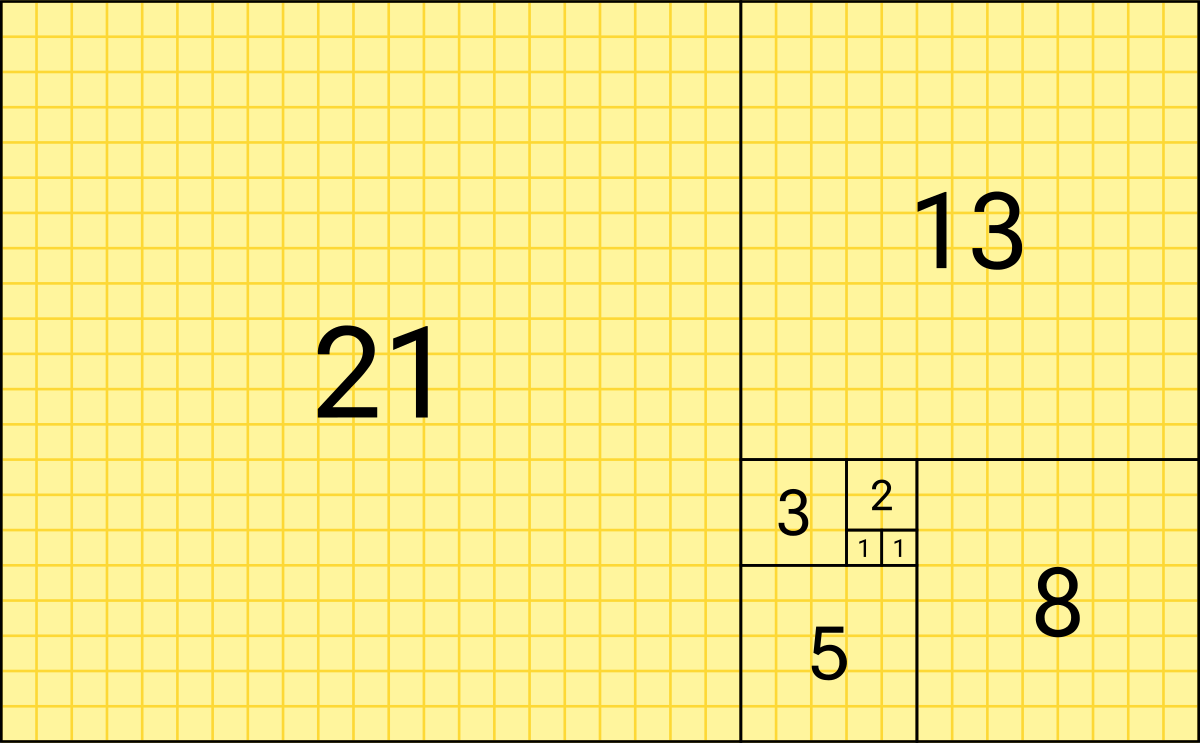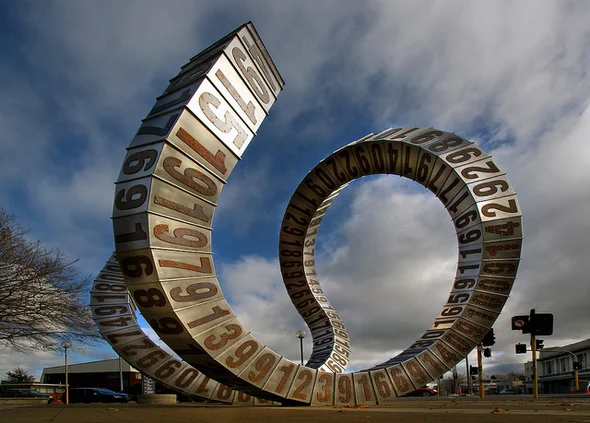postman
Diamond Member
- Feb 23, 2017
- 18,767
- 9,561
- 1,250
A Perfect Number N is defined as any positive integer where the sum of its divisors, except the number itself, equals the number
Example 6 is divisible by 1, 2 and 3. And the sum of 1,2 and 3 is 6.
The story of perfect numbers began over twenty-three hundred years ago in one of the most influential mathematical works ever published: The Elements. Born around 300 B.C., the Greek mathematician Euclid founded the study of perfect numbers as a teacher at Alexandria under the reign of Ptolemy the First.
Euclid laid out the basics of perfect numbers over 2,000 years ago, and he knew that the first four perfect numbers were 6, 28, 496 and 8,128.
The problem is not enough people know enough math to discuss it, without wandering off topic. But we will see.
Example 6 is divisible by 1, 2 and 3. And the sum of 1,2 and 3 is 6.
The story of perfect numbers began over twenty-three hundred years ago in one of the most influential mathematical works ever published: The Elements. Born around 300 B.C., the Greek mathematician Euclid founded the study of perfect numbers as a teacher at Alexandria under the reign of Ptolemy the First.
Euclid laid out the basics of perfect numbers over 2,000 years ago, and he knew that the first four perfect numbers were 6, 28, 496 and 8,128.
The problem is not enough people know enough math to discuss it, without wandering off topic. But we will see.




